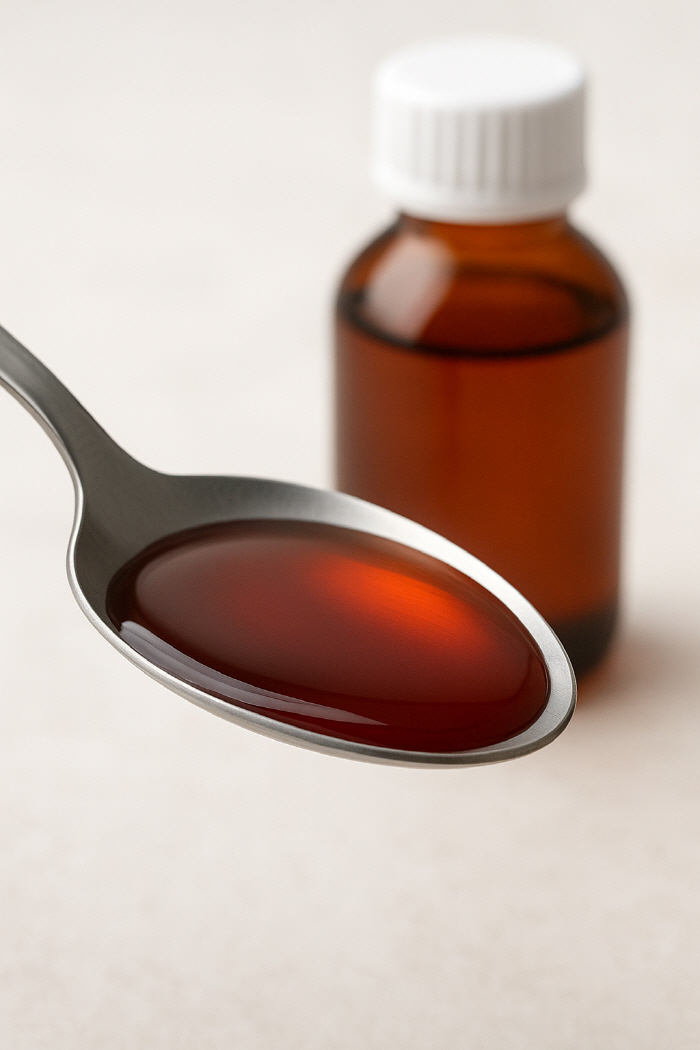The allowance is 0.1%, but 48% is added...This ingredient in the cough syrup kills a child again
|
According to Reuters and others, Indian police arrested Ranganathan Govindan (75), the head of pharmaceutical company 'Thrisan', on charges of selling cough syrups containing more than the allowable amount of diethylene glycol (DEG) and killing more than 20 children who took them, and seized documents related to cough syrup.
According to local reports, the drugmaker added 46-48% DEG to its coldleaf cough syrup, well above the permissible limit of 0.1%.
All of the affected children were under the age of 5 and reportedly died after showing symptoms of acute kidney injury after taking cough syrup. Nine Indian states, including Madhya Pradesh and Tamil Nadu, banned the sale of the cough syrup after a series of deaths last month.
DEG is mainly used for industrial purposes such as automobile antifreeze, but due to its low price, some pharmaceutical companies use it as a substitute for glycerin, a solvent for syrup.
Excessive DEG intake is known to be fatal because vomiting, loss of consciousness, dizziness, shock, and abdominal pain initially appear, and subsequently renal function decline, uremia, coma, shortness of breath, and body temperature decline can occur.
This is not the first child death caused by cough syrup produced by Indian pharmaceutical companies. Earlier, at least 69 children died in Gambia, West Africa in 2022 and 19 in Uzbekistan in 2023. In all cough syrup products in question at the time, DEG or similar ingredients were detected above acceptable levels.
In January 2023, the World Health Organization (WHO) called for an emergency response, reporting that more than 300 children have died in seven countries around the world in cases involving cough syrups for children containing excessive amounts of diethylene glycol (DEG) and ethylene glycol (EG).
In connection with the same incident, the Ministry of Food and Drug Safety of Korea also ordered strict prevention of the detection of harmful ingredients, including DEG, and quality control when manufacturing drugs. In addition, the use of cosmetics is strictly restricted in regulations on safety standards.
This article was translated by Naver AI translator.




